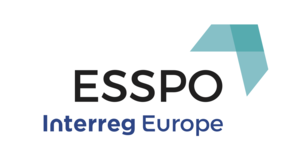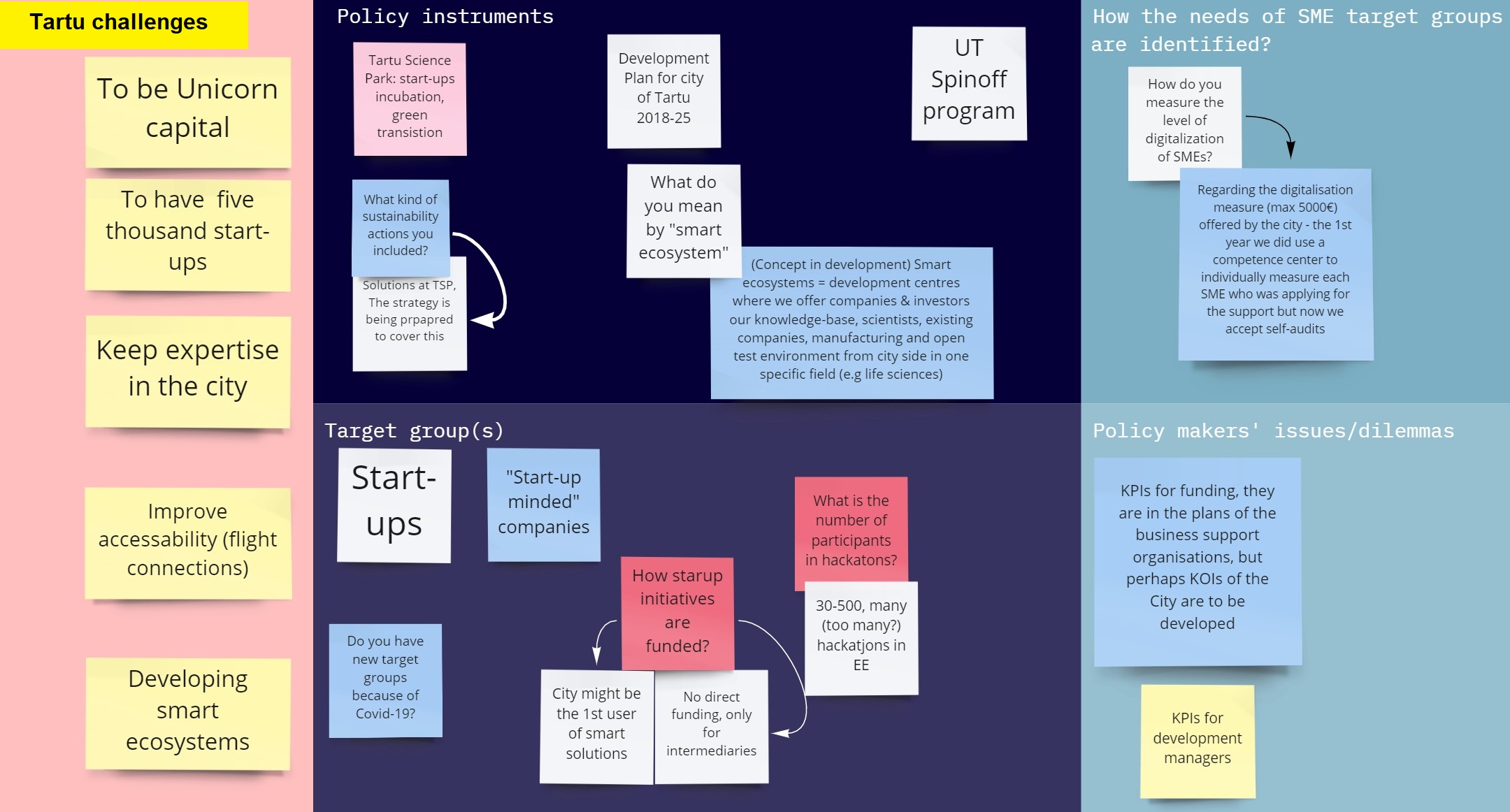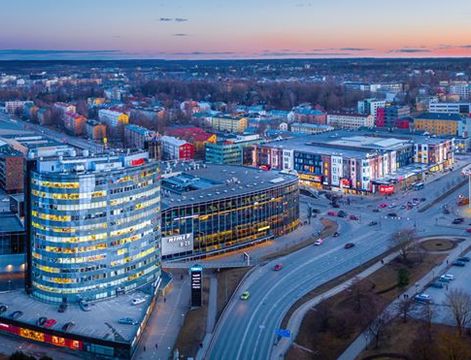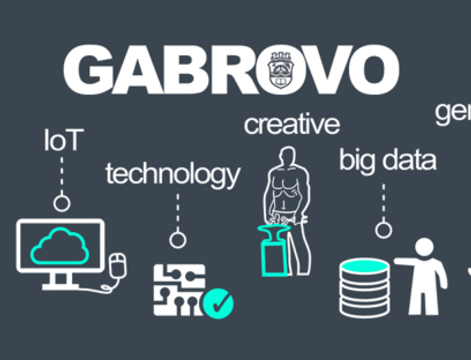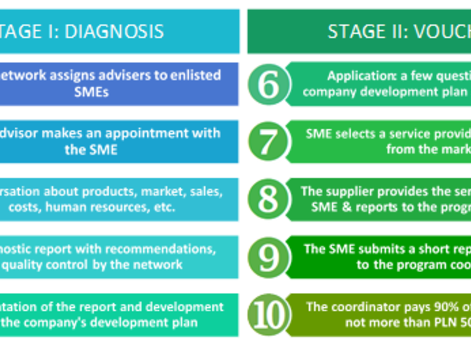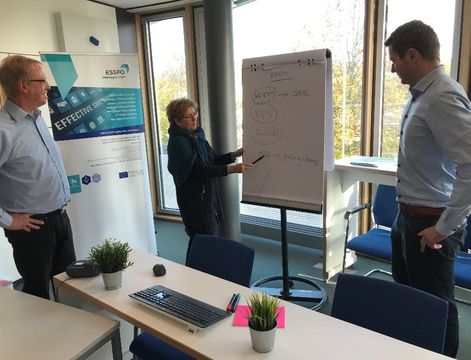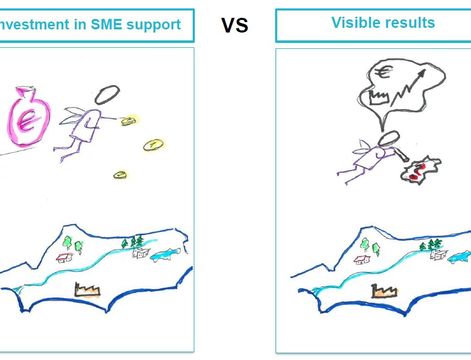In the 2nd semester we found out that even though ESSPO partner regions represent seemingly dissimilar context, experiences and approaches we share similar challenges and have a lot to learn from each other. The work focused on involvement of stakeholders in the diagnoses of their SME support instruments and the challenges to work on. Each partner made a peer review visit to another and met the stakeholders there. 8 dedicated peer review reports provided an external view on the strengths and weaknesses of the support and recommendations of improvement. The exercise revealed much diversified situation in the ESSPO regions. The partnership represents the whole spectrum between scarce decentralisation and resources to full autonomy and considerable budget dedicated to SMEs; from long track of experience to basically none.
The 8 lists of issues to focus on by the stakeholder was long. Just to some questions:
• How to raise low entrepreneurship spirit?
• How to start support SMEs in a not well articulated innovation ecosystem?
• How to make sure that the support meets SMEs needs?
• How to monitor the quality of the projects implemented by SMEs ?
• How to improve communication between SMEs and public administration ?
• How to make the decision makers stakeholders to demand evaluation? Not perceive it as dangerous.
• How to be really result oriented instead of helping those who do not need help?
• How to turn the controlling bureaucrats into assistive civil servants? How to counteract their false self-confidence in own knowledge and understanding of the SMEs and innovation ecosystem? How to reduce top down pressure on formalities?
• How to reach potentially innovative medium SMEs who seem to be not interested in existing support services?
Preparing the interregional meeting and approach to map the common issues with Desislava Koleva from Gabrovo Municipality, BG, responsible for the mapping methodology, looked as a challenge. We decided that first all the partners have a closer look into the individual situation of each region, then all engage in looking for common traits. The January mapping workshop in Lille started with each region problem tree presentation. Aware that sometimes we use different wording and language to name similar things we decided that why each region situation was recounted not by the partner concerned, but their reviewer. This helped us to understand their individual contexts and problems. Then all reformulated their own issues in such a way that they include similar ones of others. Sticking the notes in groups a large wall helped us to see that quite many issues are shared. We saw that the questions important to the stakeholders in all the different places are looking can be summarised in 4 groups:
• How to understand SMEs needs? How to increase their innovation capacity?
• How to improve the communication and the collaboration between the stakeholders?
• How to evaluate the effects of intervention in SMEs?
• How to arrange the support to be flexible to adapt to SME needs, not to ask SMEs to adapt to the instrument? How to reduce the bureaucracy in policy instruments implementation?
In the discussion we found out that the “SME needs” claims to be the foundation of practically all policy documents, but the understanding is shallow often mixed with wants or wishes. To learn about the needs it is not enough to simply make a questionnaire asking SMEs about their requests. It means serious discussion on the key issues for their development. We decided to work on practical approach of identification of SME needs on next workshops.
Life sometimes brings disappointing messages. Reorganisation affecting the partner from Hauts-de-France region withdraw from the project. We lose those who stand behind a good practice that may answer a burning question of all the other partners on: “How to manage efficiently large innovation networks of more than 100 members?”.
